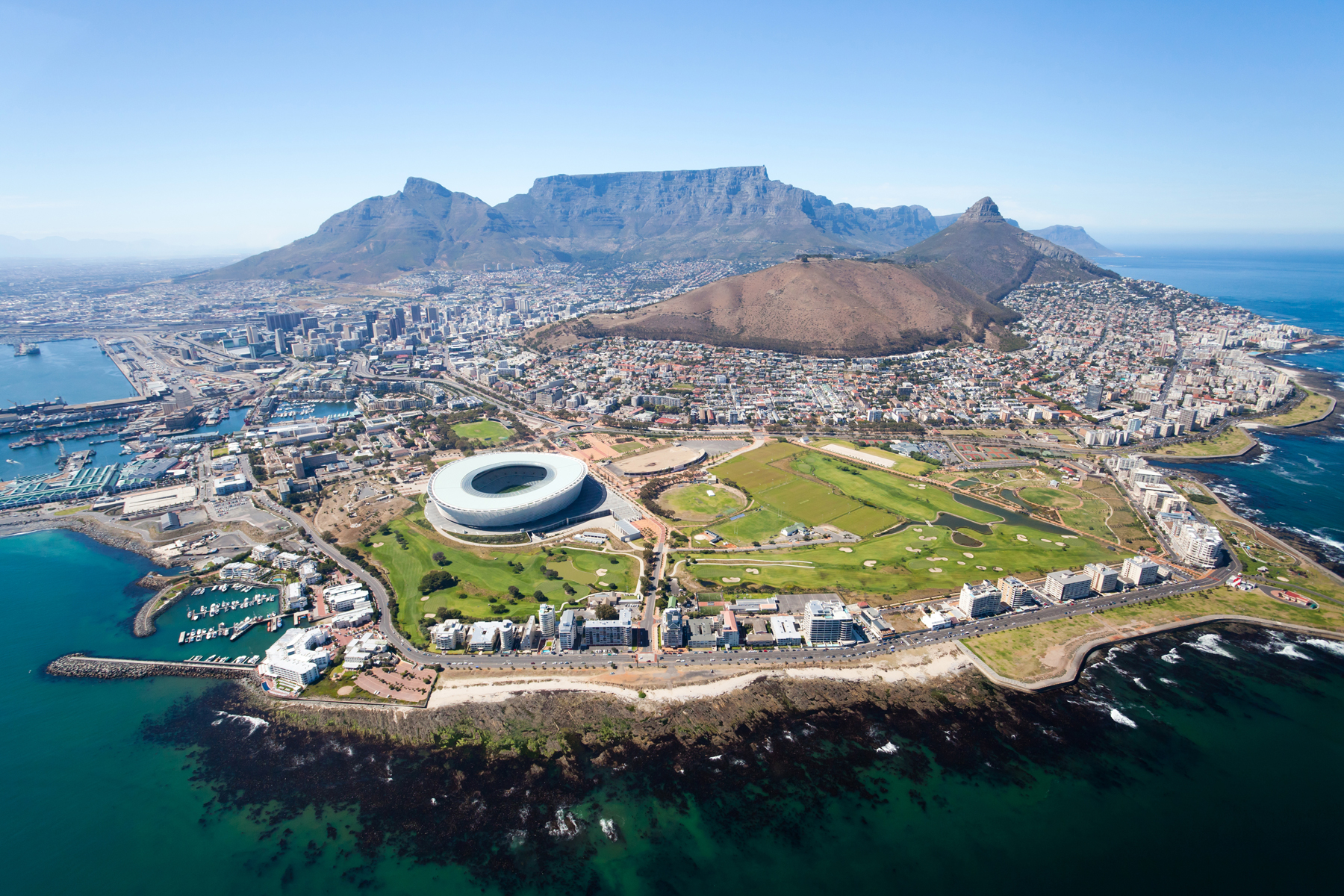Recent reports indicate that the City of Cape Town has been granted permission by Heritage Western Cape to manage and protect local heritage sites and structures. However, CEO of Heritage Western Cape Mxolisi Dlamuka explained that Heritage Western Cape has not as yet transferred the managerial powers of its grade three heritage sites to the City of Cape Town.
“What we are currently doing is setting up systems and standards within the City and also to prepare, as Heritage Western Cape, the transfer of those responsibilities,” Dlamuka said.
He said that the Council of Heritage Western Cape on March 16, 2016, approved the Memorandum of Agreement (MOA). Heritage Western Cape is, therefore, awaiting approval by the City’s Council for the MOA’s adoption.
Once the City provides approval, Heritage Western Cape will begin a technical process and establish systems in order to ensure that development does take place.
In addition, the body will divert the notice of the transfer of management to the Provincial Gazette, in order to ensure public transparency.
“So that the public is aware that those who wish to apply for planning would have to apply at a particular office of the city,” he explained.
The grading system explained
Dlamuka further explained that within the National Heritage Resource Act, three levels of grading were established.
The grade one sites, which are the sites of national importance, are managed by the South African Resources Agency. The grade two sites are managed by the provincial authorities which, within the Western Cape, Heritage Western Cape is the custodian.
While grade three sites, which refer to sites that are of local historical significance, require a duly competent authority to assist the municipal authorities in managing the sites.
“We have assessed the competency of heritage resources management in the City of Cape Town and have given them assurance that they are competent to manage sites of local heritage significance. And, therefore, we are giving them powers,” Dlamuka said.
With regard to heritage properties that require maintenance, Dlamuka said that any structure that is proclaimed as grade one, two, three, or that is older than 60 years cannot be altered without the authority of the necessary heritage body.
In the case of the Western Cape, any alteration of a structure that is regarded as grade one, two, or that is older than 60 years requires the permission of Heritage Western Cape.
With regards to the disposal of land in the area of Camps Bay, he said that Heritage Western Cape is not responsible for regulating the sale of property. Where it does get involved is when development takes place.
“Members of the public are welcome to appeal if they are not in agreement with decisions that were taken by any of the departments of Heritage Western Cape,” Dlamuka noted.
For more information, visit: www.heritagehsc.org.za
VOC






 WhatsApp us
WhatsApp us 

